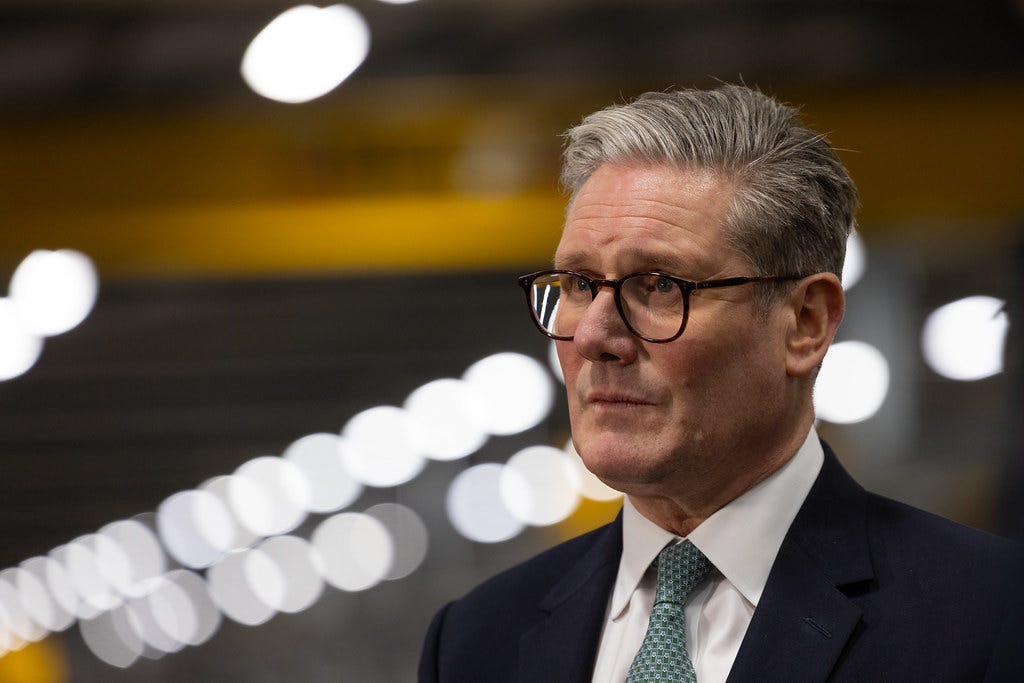Labour must hold its nerve if mood sours further in 2025
2025 offers plenty to challenge Labour’s longtermist approach to progress. The government must hold its nerve and plough ahead, says Westminster editor Zoë Grünewald

For many, the New Year heralds opportunities for fresh starts, a chance to leave behind past mistakes and forge new paths. For the six-month-old Labour government, the turning of the calendar offers little respite – and plenty to b…




